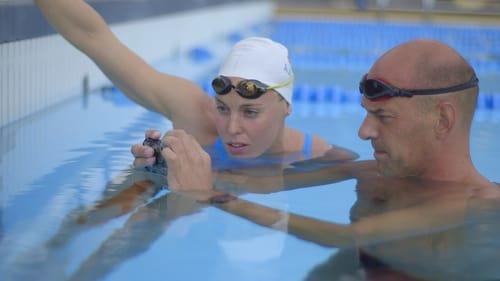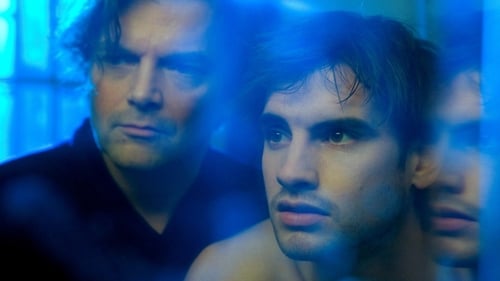
Camera Operator
Esther van Neerbos searches for missing people with her dogs. Her dogs are specially trained to recognize the smell of death. Thanks to Esther's efforts, many bodies are recovered and she puts an end to the uncertainty in which those left behind live.

Director of Photography
In an as stirring as hopeful music story Dj Robert Soko, who came to fame with his Balkan Beats, embraces musical influences from newcomers in multicultural Europe.

Director of Photography
Based on the struggle of young people in Goma (Northeastern Congo) against the prevailing Western reporting about war and misery, Stop Filming Us investigates how these Western stereotypes are the result of a skewed balance of power. Stop Filming Us creates a cinematic dialogue between Western perceptions and the Congolese experience of reality. While the Congolese perspective becomes increasingly clearer in the film, questions arise about the perspective of the film itself; is a white director able to make a film about the new Congolese image or is it primarily a story created by his own Western perspective?

Camera Operator
It is his own son Xander, who is currently causing a furore with Jett Rebel, who points out to his father the changing times. Both men share their love for the bass guitar, visit many colleagues and show us the tantalizing clash of generations.

Camera Operator
A poignant insight into the world of sport, where talent, passion and endurance mean everything, but give no guarantee of success.

Camera Operator
Daan is used to stand in front of a camera. Growing up, it was his father's camera, world-renowned photographer and filmmaker Ed van der Elsken. Now it's the camera of his good friend, Joris Postema. Together with him Daan tries to get control of his life by confronting his father posthumously. Daan believes his father - who he takes after more than he'd like - is mostly to blame for his mental problems. By means of photos, film footage and meetings with family members and friends, Daan tries to fathom what his father has passed on to him and he makes a surprising discovery.

Cinematography
By building a Buddhist temple in the Netherlands, Mr. Hu attempts to bridge the gap between old and new, East and West.

Camera Operator
A documentary in which after being released from prison, former criminal Viggo wonders why he developed from a sensitive little boy into a merciless criminal. He decides to give up his criminal existence for good and dives into his past to avoid making the very same mistakes a second time. Viggo realizes that the damage he suffered because of his family might jeopardize his new life. His quest, in which he drags his two sister, leads to painful confrontations with their past and also with one another. The secrets of their incestuous family and manipulative father are unraveled little by little.

Director of Photography
Felix foi criado por sua avó e nunca conheceu seu pai. O pai dele, Johan, nem sabe que ele existe. Felix decide se tornar um frequentador regular do bar de seu pai em Amsterdã para secretamente aprender mais sobre o homem que ele nunca conheceu.

Camera Operator
Vertiginous documentary, shot in effective black-and-white, treats two painful histories. The first is a love story about a truck driver who, on his way from Johannesburg (South Africa) to Luderitz (Namibia), is haunted by thoughts of his girlfriend and their recently severed relationship. His memories are expressed in an often recurring scene, in which songs by Alec Empire, Macy Gray and Robert Schumann roughly tell the story. This small history is alternated with the tragic fate of the Namibian Heroro people, many thousands of whom died early last century in concentration camps that had been set up by the German colonisers near Luderitz. The depiction of this history is cruder and more poignant, with slanting frames, odd camera angles and a multi-layered sound sculpture. The dilapidated barracks and officers' quarters are the last remnants of the miscarried, so-called civilisation projects in Africa.

Producer
Vertiginous documentary, shot in effective black-and-white, treats two painful histories. The first is a love story about a truck driver who, on his way from Johannesburg (South Africa) to Luderitz (Namibia), is haunted by thoughts of his girlfriend and their recently severed relationship. His memories are expressed in an often recurring scene, in which songs by Alec Empire, Macy Gray and Robert Schumann roughly tell the story. This small history is alternated with the tragic fate of the Namibian Heroro people, many thousands of whom died early last century in concentration camps that had been set up by the German colonisers near Luderitz. The depiction of this history is cruder and more poignant, with slanting frames, odd camera angles and a multi-layered sound sculpture. The dilapidated barracks and officers' quarters are the last remnants of the miscarried, so-called civilisation projects in Africa.










